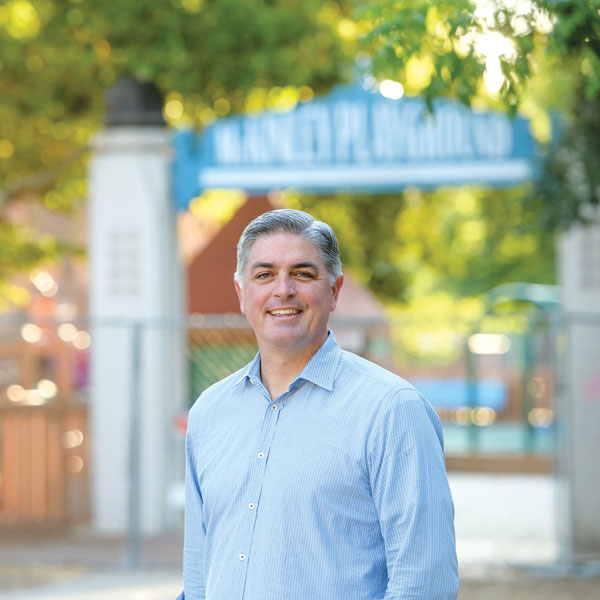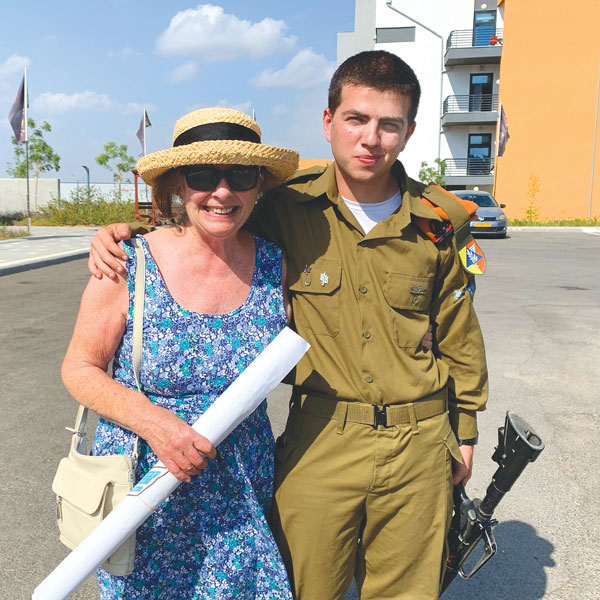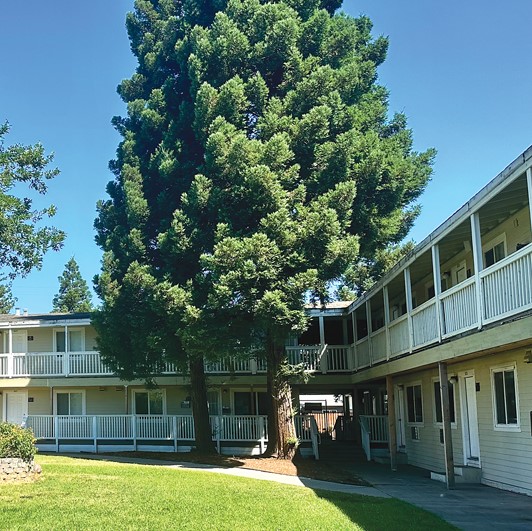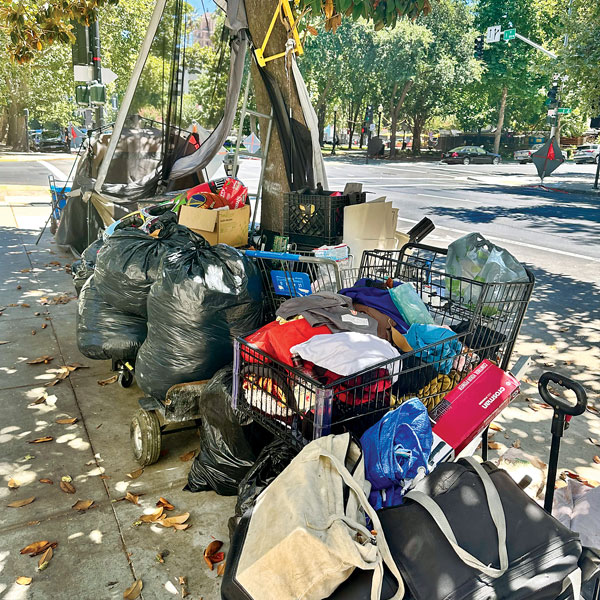
Jan 28, 2024
With March primary elections in full force, Sacramento needs a plan to repair the damage from recent years. Problems include homelessness, crime and the effects of destructive COVID-19 lockdown policies. We need solutions.
Before the pandemic, the city was on its way to becoming a sought-after location. Between 2016 and 2018, I published two editions of our Inside Sacramento book highlighting the most interesting restaurants and shops in America’s farm-to-fork capital. The books were a hit. I was optimistic.
Today that optimism is gone. City life is worse, not better. A national survey of major cities ranks Sacramento as No. 2 in growth of homeless populations. From 2020 to 2023 Sacramento’s unhoused numbers exploded by 68%.

Dec 28, 2023
Next month we celebrate 27 years of publishing Inside Sacramento, now the largest print circulation periodical in the region. Covering local politics has been part of our mission since we started.
In recent years, as our beloved city has descended into chaos, we stepped up our coverage. I like to think we’ve led the way with analysis and reports on the toughest city issues. We’ve done our best to hold local elected officials accountable.
On March 5, four of the eight City Council positions are up for reelection. For many Inside readers, the most important race involves District 4, which includes East Sacramento, Midtown and Downtown.

Sep 28, 2023
Agood life is achieved with habits that bring happiness and well-being. Eat healthy. Move your body. Sleep well. Develop meaningful relationships. To those time-tested strategies I’ll add another. Cultivate kindness.
Three years of pandemic and lockdowns didn’t help a society well on its way to being far less connected and more self-absorbed.
One way out of this mess is for each of us to reconnect with the idea of shared kindness. It’s all about being aware of your impact on the world.

Aug 28, 2023
Strategies and services offered to homeless people are varied, depending on the situation. In Sacramento, the city and county provide services. So do numerous nonprofits and faith organizations.
Sacramento Steps Forward created a coordinated entry system. It starts with access from three sources: street outreach, partner agencies and 211—the primary entry point for homeless services. The pathway starts with assessments and prioritization.
But every program requires homeless people to accept intervention. It’s important to understand a huge proportion of homeless individuals prefer life on the streets over help.

Jul 28, 2023
In late June, Mayor Darrell Steinberg received a letter from Michael Bowman, presiding judge at Sacramento Superior Court. The message was clear. Homeless conditions surrounding court facilities at 720 Ninth St. prevented justice from being served.
Bowman cited the disheartening environment and numerous encounters between unsheltered people and members of the public who need to be in court, including court employees.
“These daily incidents include, but are not limited to, physical and verbal assault, public sex acts, open fires, nudity, urinating and defecating on walkways,” Bowman wrote. “Court security removes unsheltered individuals, who have no business with the court, from the main courthouse daily and our facilities team must regularly remove feces and other waste from our entryways and grounds.”











